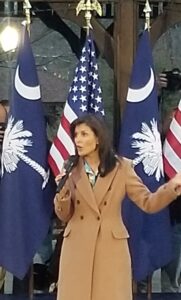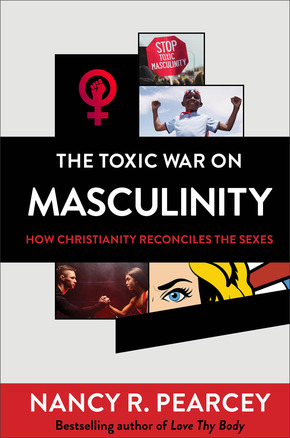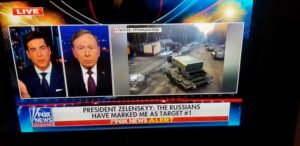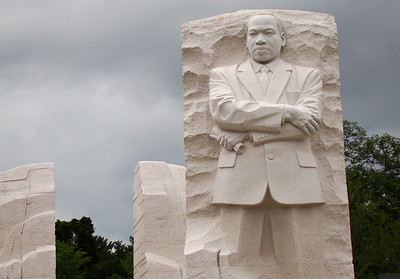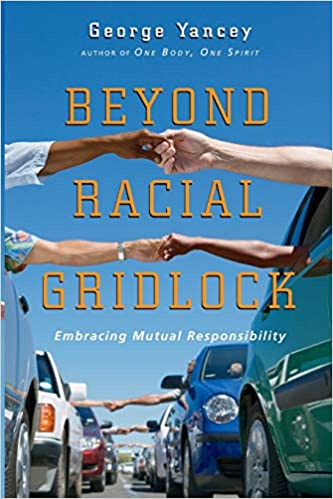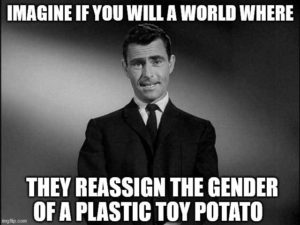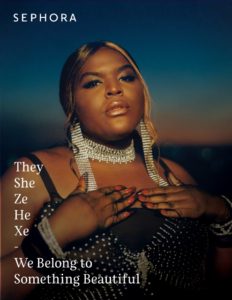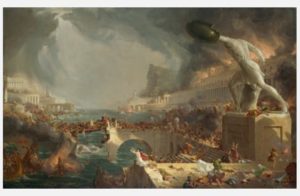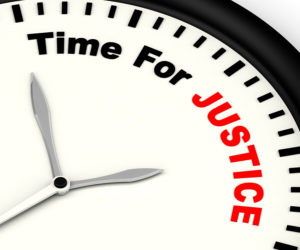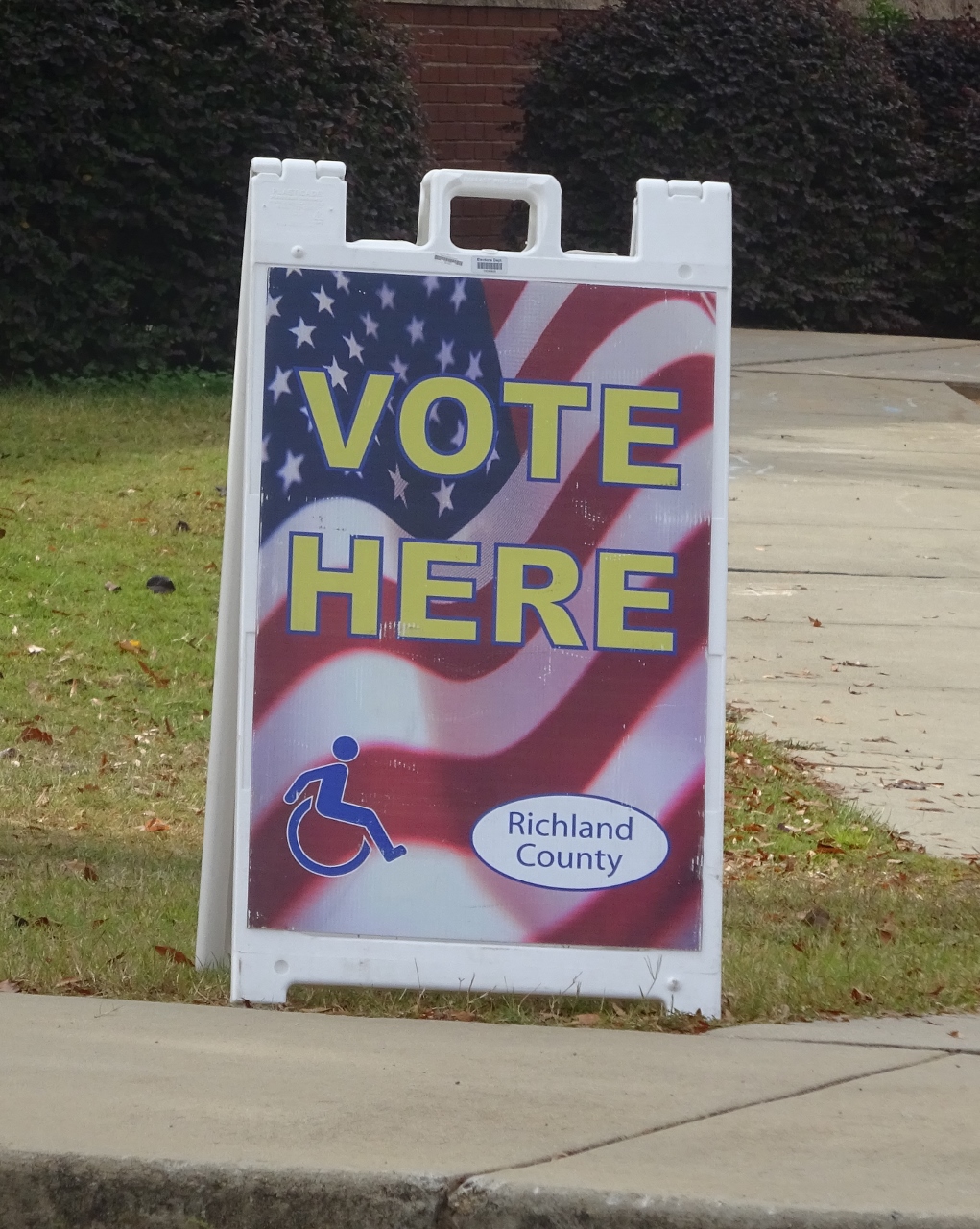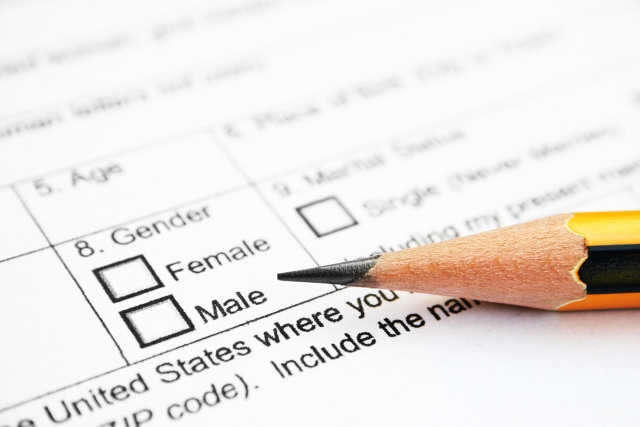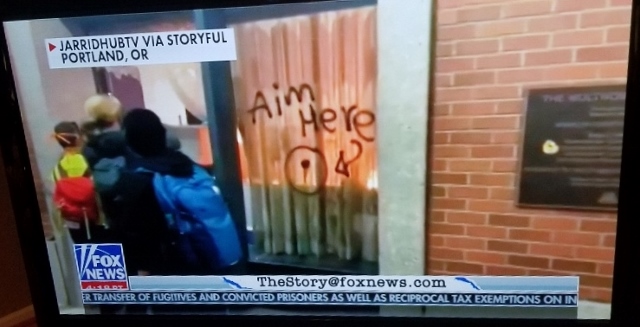(My evangelical bonafides: I grew up in a non-denominational evangelical church and married my husband while he was in an evangelical seminary. He has pastored two evangelical churches for a total of almost 30 years. I have authored four books with evangelical publishers, including Harper Collins/Zondervan.)
This is not a rant against Donald Trump or the people who support him, who include many of my friends. I respect their choices. As with the tensions surrounding our beliefs about where God’s sovereignty ends and free will begins or how God created the earth—young or old earth, theistic evolution or intelligent design—godly people with a high view of Scripture disagree. And we can still treat one another with gentleness and respect in the spirit of Paul’s letter to the Ephesians, “…bearing with one another in love, eager to maintain the unity of the Spirit in the bond of peace.”
We each give account to God for the stewardship of our citizenship and vote.
With a very heavy heart I would possibly vote for Trump in November, but could only do that in good conscience before God if I did whatever I could now to get someone else on the ballot instead. Here in South Carolina our early primary votes carry extra weight in shaping the presidential race. So we have donated to Nikki Haley’s campaign, have her sign in our yard, and I am writing this post

